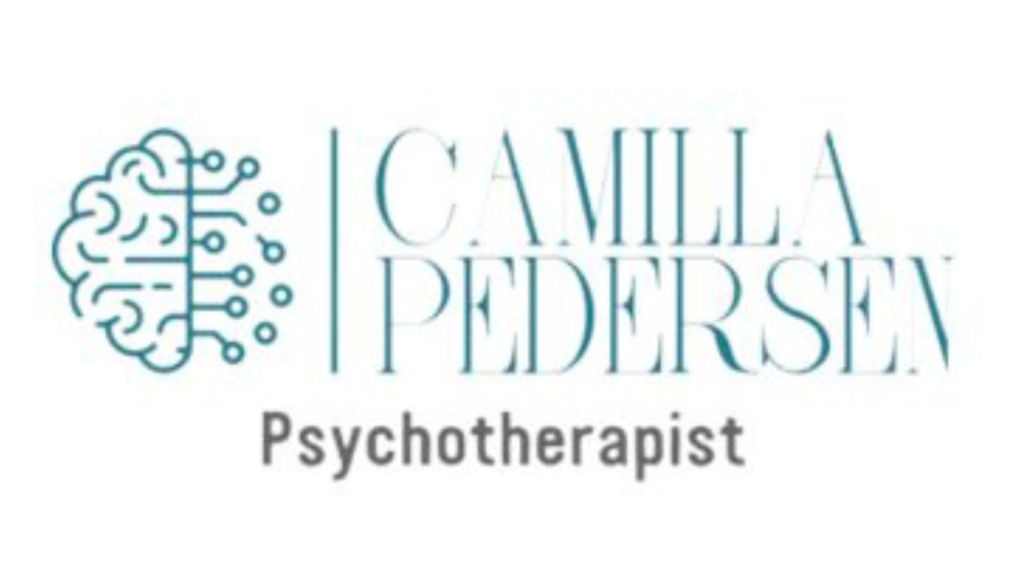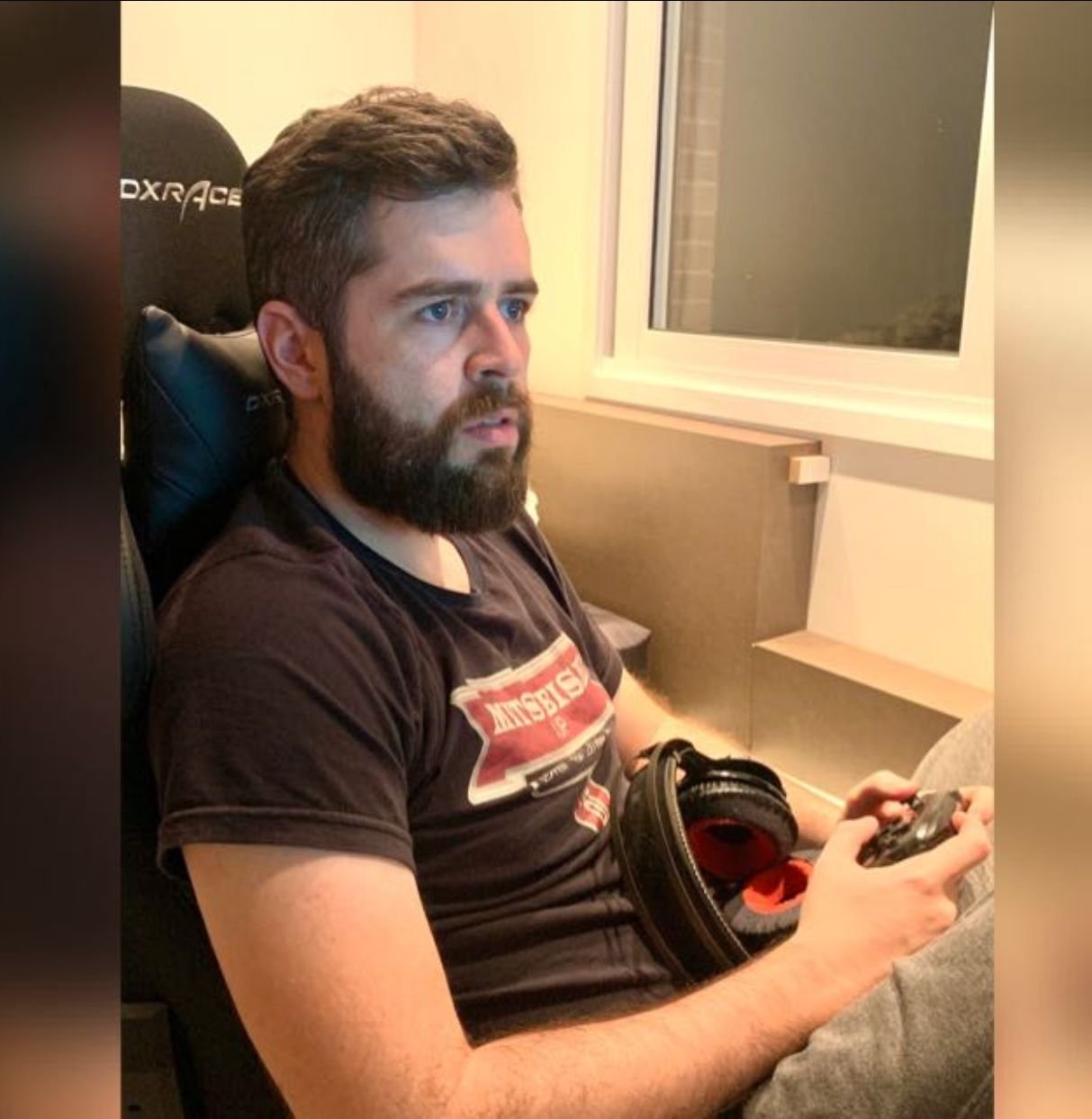Does Psychotherapy Work?
Research shows that most people who receive psychotherapy experience symptom relief and are better able to function in their lives. About 75 percent of people who enter psychotherapy show some benefit from it. Psychotherapy has been shown to improve emotions and behaviors and to be linked with positive changes in the brain and body such as fewer sick days, less disability, fewer medical problems, and increased work satisfaction.
With the use of brain imaging techniques researchers have been able to see changes in the brain after a person has undergone psychotherapy. Numerous studies have identified brain changes in people with mental illness (including depression, panic disorder, post-traumatic stress disorder and other conditions) as a result of undergoing psychotherapy. In most cases the brain changes resulting from psychotherapy were similar to changes resulting from medication.
To help get the most out of psychotherapy, approach the therapy as a collaborative effort, be open and honest, and follow your agreed upon plan for treatment, such as writing in a journal or practicing what you’ve talked about.












